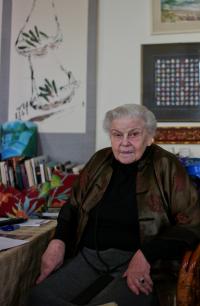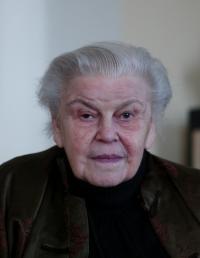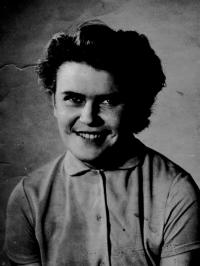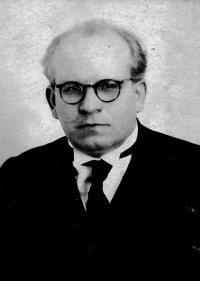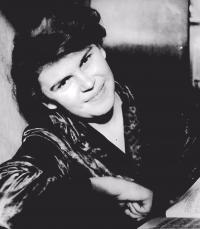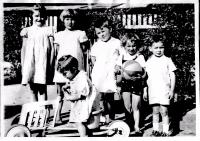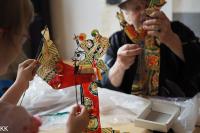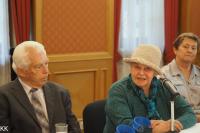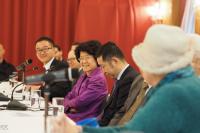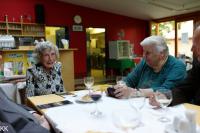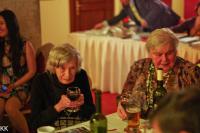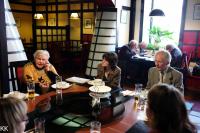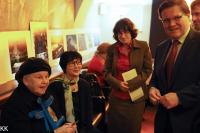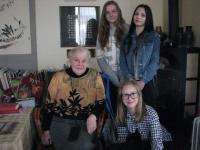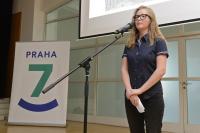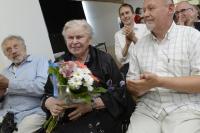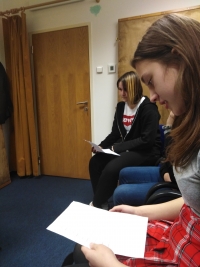I wished to go to China, but was not of the approved origin

Download image
Zlata Černá, née Schwarzová, was born on 7 October, 1932 in Prague. Her father was intensely politically active person, but due to his direct character he could not stay in any party for very long. As a protester against capitulation he imigrated to Poland in 1939 and via France to the Great Britain. There he joined the anti-Beneš opposition, which did not agree with the exile president´s politics. Shortly after returning to the home land in 1946 he got arrested and died in prison. Young Zlata studied the gymnasium of Eliška Krásnohorská. When she made up her mind to study Chinese, she hit a seemingly unbreakable barrier of her father´s political profile. Following many peripteries she finally got to study her much desired field. As her study was successful, she got a chance to get to China. Due to cadre reasons the stay did not work out and she only got to China as a translator along with a high-school delegation after finishing university in 1958. Back then there was an opportunity to follow with a study program, which she got a scholarship but was called off due to political reasons. She worked in the Oriental collection of the National Gallery and later in the Oriental Institute ČSAV and in the Naprstek museum. After the velvet revolution in 1989 she gave external lectures at the philosophical faculty. Currently she acts as the head of the Czech-Chinese Association.
